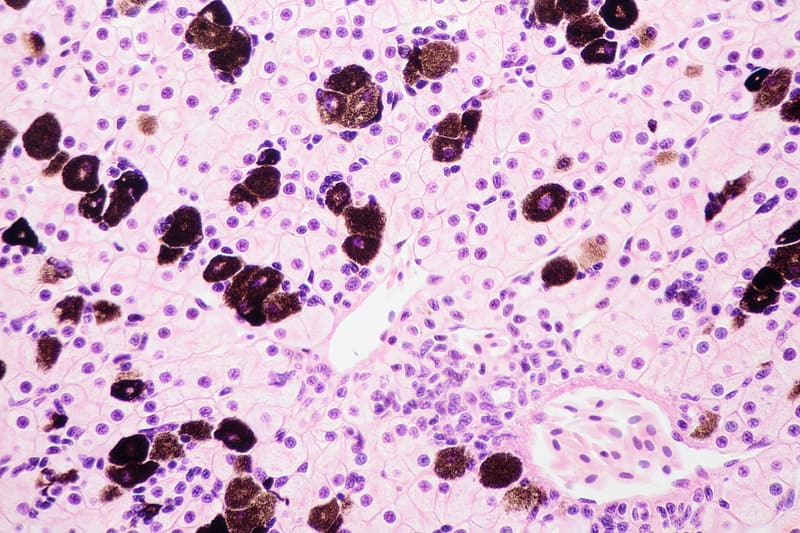
Polycystic liver diseases (PLDs) are genetic disorders characterized by progressive development of symptomatic biliary cysts. Current surgical and pharmacological approaches are ineffective, and liver transplantation represents the only curative option. Ursodeoxycholic acid (UDCA) and histone deacetylase 6 inhibitors (HDAC6i) have arisen as promising therapeutic strategies but with partial benefits.
Txus Bañales, Ikerbasque researcher at Instituto de Investigación Sanitaria Biodonostia along with Fernando Cossio, Scienfic Director of Ikerbasque, have published in the prestigious Hepatology journal from the American Association for the Study of Liver Diseases a novel approach based on the design, synthesis and validation of a family of UDCA synthetic conjugates with selective HDAC6i capacity (UDCA‐HDAC6i) has been tested.
In this study, four UDCA‐HDAC6i conjugates presented selective HDAC6i activity, UDCA‐HDAC6i #1 being the most promising candidate. UDCA orientation within the UDCA‐HDAC6i structure was determinant for the HDAC6i activity and selectivity. Treatment of polycystic rats with UDCA‐HDAC6i #1 reduced their hepatomegaly and cystogenesis, increased UDCA concentration and inhibited HDAC6 activity in liver. In cystic cholangiocytes in vitro, UDCA‐HDAC6i #1 restored the primary cilium length and exhibited potent anti‐proliferative activity.
These novel Ursodeoxycholic acid and histone deacetylase 6 inhibitors (UDCA‐HDAC6i) conjugates open a new therapeutic avenue for polycystic liver diseases (PLDs).
For further information: article link.
.png)
